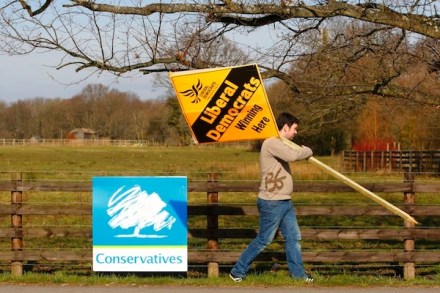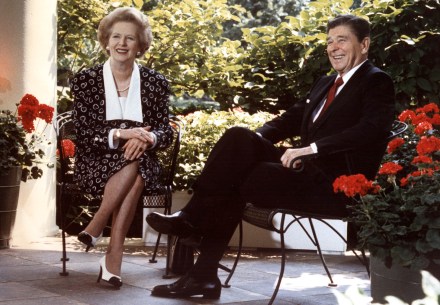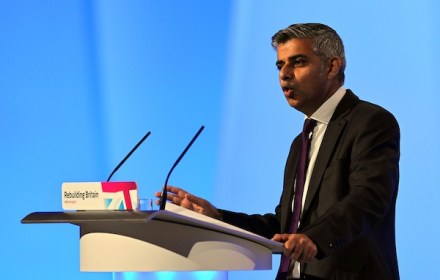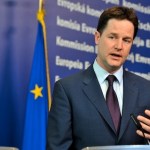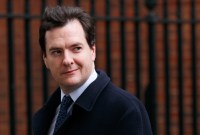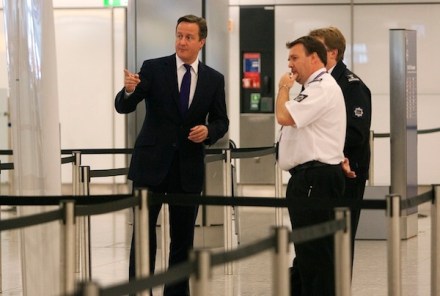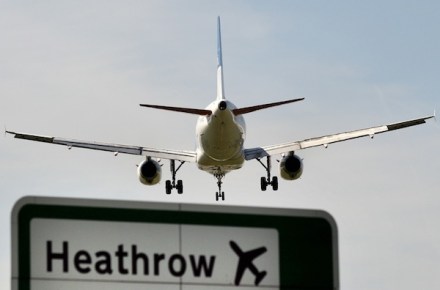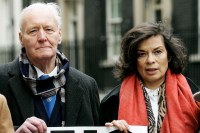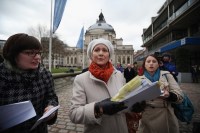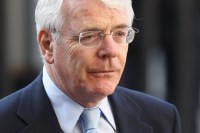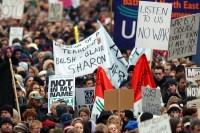The Tories take tips from Obama in Eastleigh
Eastleigh could be a turning point in by-election history. Not because the Tories are looking like they may well lose, as the Times (£) suggests this morning, but as the moment the party woke up to the possibilities of digital campaigning. Online election adverts in UK politics are nothing new – the 2012 London Mayor race saw both Ken and Boris plaster websites (including this one) with a variety of colourful attack messages. What is different in Eastleigh is the drive for data gathering. Take some of the adverts CCHQ are running on the websites of two local papers — the Southern Daily Echo and Hampshire Chronicle: The main purpose of these adverts is not to
